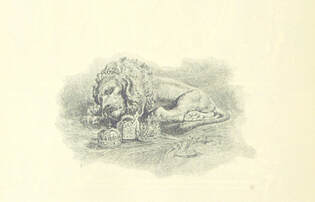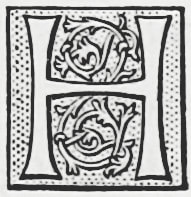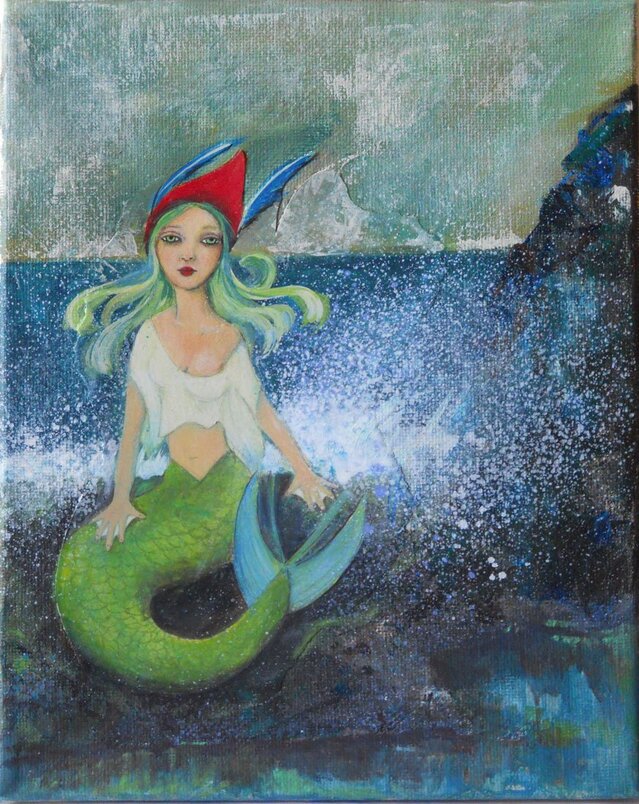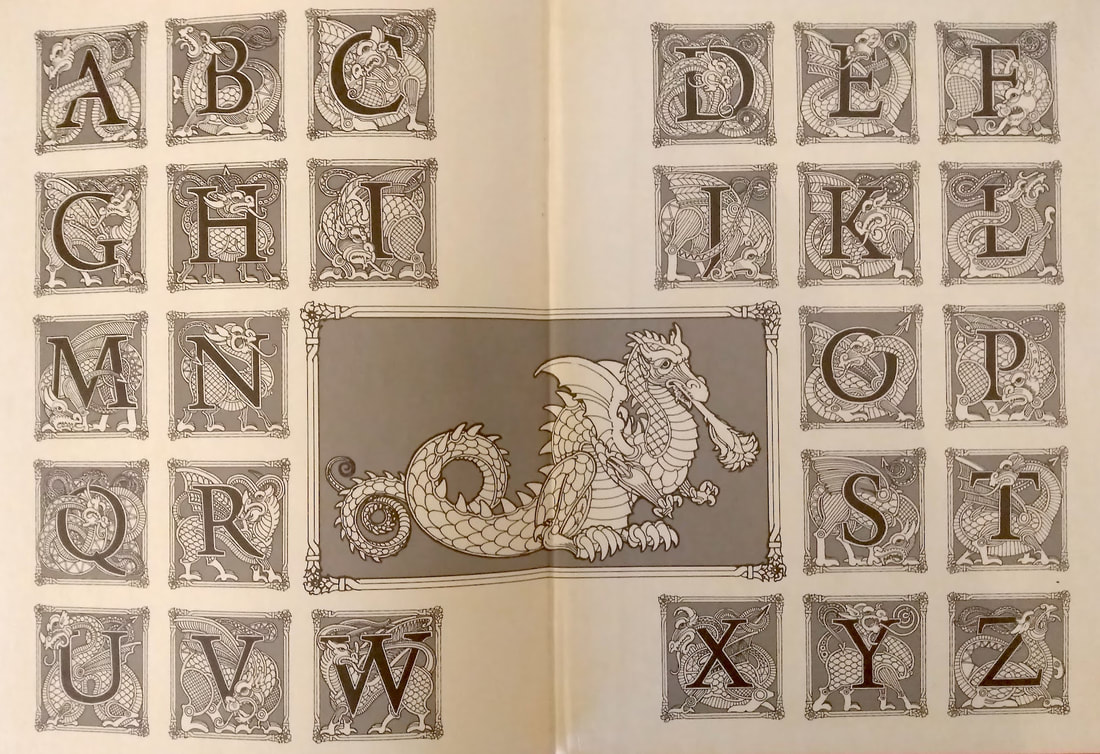|
This post concerns the cohuleen druith (a kind of magic sea hat), and all its variants in Irish and Scots folklore.
Firstly, on the name. Sometimes I’ve seen the first word spelled ‘cohuleen’ and sometimes ‘cohullen’, but in either case its meaning is clear, being derived from Irish cochall, or ‘hood’. ‘Druith’ is desrived from draoi. I will qoute MacBain’s definition here: draoi, druidh, a magician, druid, Irish draoi, gen. pl. druadh, Early Irish drai, drui, g. druad, Gaulish druides (English druid). Its etymology is obscure. Stokes suggests relationship with English true, Gaelic dearbh, q.v. Thurneysen analyses the word as dru, high, strong, See truaill. Brugmann and Windisch have also suggested the root dru, oak, as Pliny did too, because of the Druids’ reverence for the oak tree. Anglo-Saxon dry/, magus, is borrowed from the Celtic. draoineach, druineach, artisan, “eident” person (Carm.); draoneach, “any person that practices an art” (Grant), agriculturist; druinneach, artist (Lh.). Irish druine, art needlework.
0 Comments
Some time ago, I just submitted something to the New Yorker for the first time. Despite the glamorously low success rate for first-time authors, hopes are high.
Here is a short selection from my short fiction piece, Bloody Gerald.... When I was a child in my tweens, I discovered the joys of punk rock (Irish band Still Little Fingers, in particular), but was still very much a child in a magical state. I remember writing the early sections of a story about some Irish teenagers that were punkish, but also, still at high school, and engaged in portal fantasy. They traveled to a place modeled on Garner's Elidor. My sister thought this was the funniest thing she had ever heard, at the time.
Now I'm 52. For the last 40 years, I have been imagining a type of fantasy / nonsense that somehow manages to combine subculture stereotypes (bikies, punks, skinheads), with a fantasy or folklore approach. I have recently been clearing out old hard drives and found this unfinished gem. I cannot even recall when I wrote it, but it was found in a folder called 'Billy the Toughest Punk Ever', which is the name of a child's book I have had in mind for about a decade now. Naiden soon noticed that there wasn't much time between being a new cat, and being a dirty cat. It seemed to happen without him doing much at all. And all the other little cats were dirty, too, even the ones that never rolled around on the ground like he did, or poked in puddles.
"If this goes on, we will be more dirt than cat," Naiden thought. Airport is male. He has legs below the terminals, the tubular type with plastic-knob shoes, but you can’t imagine his arms. The windows of the arrival hall are his eyes, the automatic doors into the departure hall his mouth. He wears an apron made of planes. The control tower and hangar are not part of his body, so whenever he goes anywhere, they are left waiting on the tarmac.
Airport awoke as Intercom crackled: ‘Control Tower Ralph To Airport, Do You Copy Over!’ A plane, again? Airport did not feel like answering. He had been dreaming of an executive lounge where they served drinks with special straws named after famous actors. He wanted to go on a Holiday and see the actors in the films they played on the long-haul flights. Ah, to live a life of leisure like the lucky elite, instead of being a regional Airport with concrete hair. That would be grand. My post this month is a fairly complex one, taking in the story of Hermitage Castle in the Liddesdale valley, the evil magician ‘Bad’ de Soulis who lived there in the 14th century, his compact with a devil in a red cap to render him invulnerable to weapons, and his final gruesome destruction by the local people, by being boiled in oil at a neolithic stone circle called ‘Nine-Stane Rigg’. What a story!
This latest post is about the relationship between the 'Redcap' of Scots Borders folklore and the Red Man (Far Darrig, Fear Dearg), a solitary fairy of Irish folklore. Was the Redcap merely a translation of the original Irish character into a new setting across the Irish Sea? The short answer: probably not, unless you are only looking at very general Indo-European fairy prototypes.
 One of my current projects is a children's word hoard, entitled The Lion of Sleep. It tells the story of how the magical lion Alvery Zee may help you to get to sleep, through the recitation of all the wonderful things he will require to travel to Contragonia and find his true love. There's an extract below the read more button... |






